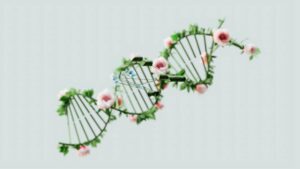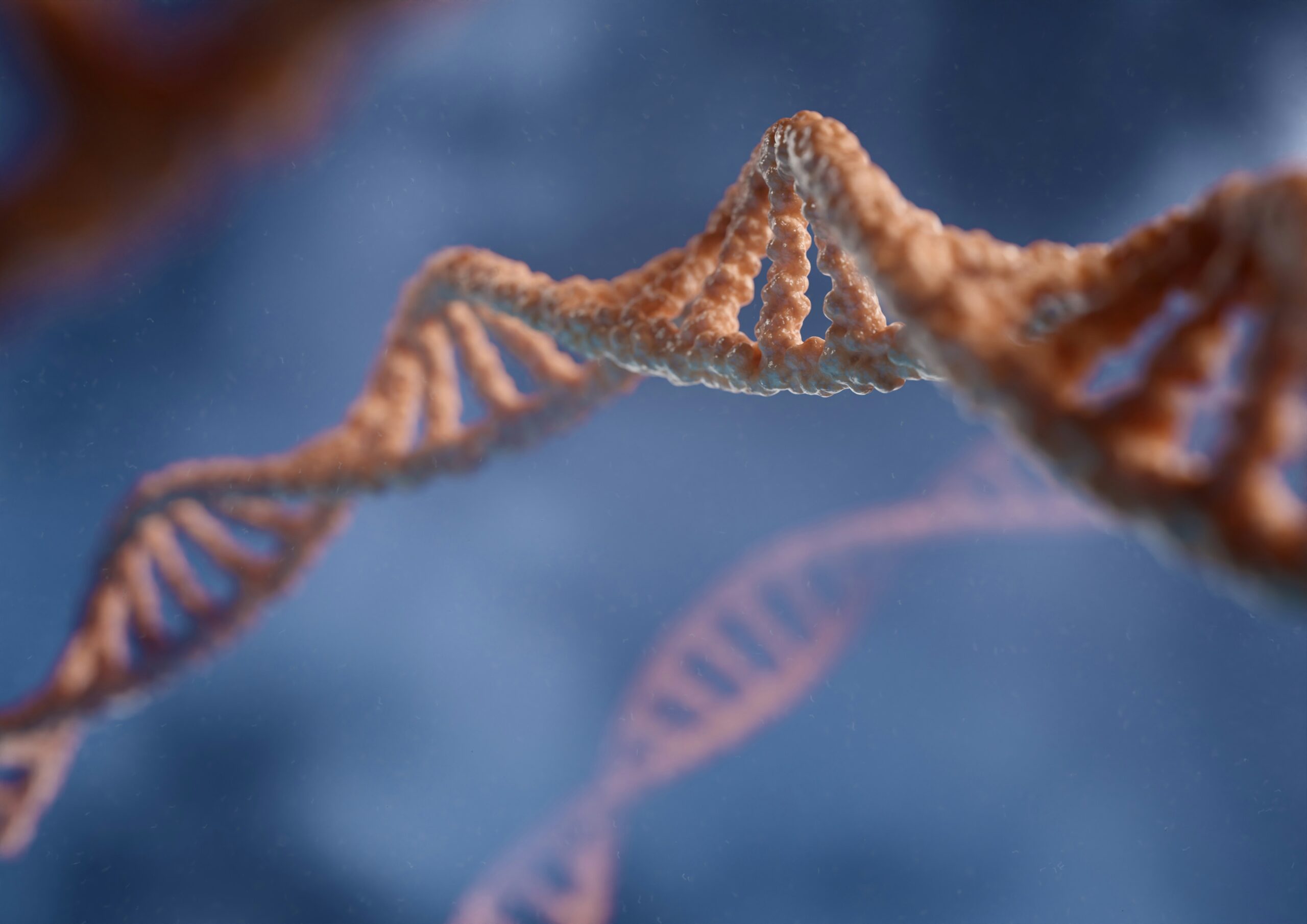Biological Genetic Factors of Alcohol Addition
Understanding Alcohol Addiction: An Overview

Alcohol addiction, also known as alcohol use disorder (AUD), is a chronic condition characterized by an inability to control or reduce alcohol consumption despite negative consequences. It is crucial to differentiate between casual alcohol use and alcohol use disorder. While many individuals consume alcohol responsibly, for some, this behavior escalates into a compulsive condition where drinking becomes a primary focus of their lives, affecting personal relationships, employment, and overall well-being.
The prevalence of alcohol addiction poses significant challenges to society, with millions grappling with this disorder. According to various studies, approximately 14 million adults in the United States alone are estimated to have AUD, highlighting the need for awareness and understanding of this pressing health issue. The impact of alcohol addiction extends beyond the individual, contributing to social and economic problems that affect families and communities.
Understanding the complexities surrounding alcohol addiction requires a lens that considers both environmental and biological factors. Genetic predisposition plays a significant role in an individual’s vulnerability to developing alcohol use disorder. Research shows that genetic factors can account for approximately 50-60% of the risk associated with developing addiction. These genetic influences can interact with environmental triggers, such as stress, trauma, or social pressures, creating a multifactorial landscape of addiction.
In conclusion, recognizing alcohol addiction as a multifaceted disorder is essential for developing effective interventions. While environmental influences are undoubtedly significant, the biological genetic factors offer critical insights into why certain individuals are more susceptible to alcohol use disorder than others. Understanding these elements can foster better treatment approaches and promote a society that is more informed about addiction and its roots.
The Role of Genetics in Alcohol Dependency
 The genetic influences on alcohol dependency are a significant area of research, as they help elucidate the biological factors that contribute to an individual’s susceptibility to alcohol addiction. Each person possesses a unique genetic makeup, and this biological variability can significantly affect how they metabolize alcohol and their overall behavior surrounding its consumption. Certain genes and genetic variants have been identified that directly impact the body’s response to alcohol, influencing preferences and the likelihood of developing alcohol use disorder (AUD).
The genetic influences on alcohol dependency are a significant area of research, as they help elucidate the biological factors that contribute to an individual’s susceptibility to alcohol addiction. Each person possesses a unique genetic makeup, and this biological variability can significantly affect how they metabolize alcohol and their overall behavior surrounding its consumption. Certain genes and genetic variants have been identified that directly impact the body’s response to alcohol, influencing preferences and the likelihood of developing alcohol use disorder (AUD).
One of the key genetic factors associated with alcohol metabolism is the ADH1B gene, which encodes the enzyme alcohol dehydrogenase. Variants of this gene can alter the rate at which alcohol is processed in the body. For instance, individuals with a specific variant known as ADH1B*2 tend to metabolize alcohol more quickly, which can result in unpleasant reactions to drinking, such as facial flushing and nausea. Consequently, these individuals generally exhibit lower rates of alcohol consumption and reduced risk of developing AUD.
Another pivotal gene is the ALDH2 gene, which is responsible for producing an enzyme that helps break down acetaldehyde, a toxic byproduct of alcohol metabolism. Individuals with the ALDH2*2 variant have a diminished ability to metabolize acetaldehyde, causing adverse reactions upon alcohol consumption. Research has shown that this genetic variant is prevalent among East Asian populations and correlates with lower alcohol use and a reduced risk of AUD.
In addition to these specific genes, numerous studies suggest that various genetic and environmental factors interact to shape drinking behaviors. The heritability of alcoholism ranges from 40% to 60%, underscoring the importance of understanding genetic predispositions in developing effective prevention and treatment strategies for alcohol dependency. This growing body of research underscores the need for more individualized approaches to addressing alcohol use disorders, considering both biological and environmental contributions to addiction.
The Interaction Between Genetic and Environmental Factors
 The relationship between genetic predispositions and environmental influences plays a pivotal role in the development of alcohol addiction. Genetic factors may set certain individuals on a path toward alcohol use disorders; however, environmental triggers significantly shape the expression of these genetic risks. This interplay is often referred to as gene-environment interaction, illustrating how various external factors can enhance or mitigate the likelihood of addiction.
The relationship between genetic predispositions and environmental influences plays a pivotal role in the development of alcohol addiction. Genetic factors may set certain individuals on a path toward alcohol use disorders; however, environmental triggers significantly shape the expression of these genetic risks. This interplay is often referred to as gene-environment interaction, illustrating how various external factors can enhance or mitigate the likelihood of addiction.
Research indicates that individuals with a family history of alcohol use disorder may be more susceptible to environmental influences, such as stress or peer pressure. These external circumstances can amplify the effects of genetic vulnerabilities, potentially leading to early initiation of alcohol consumption and increased risk for problematic drinking behaviors. For instance, a person with a genetic predisposition might not develop addiction if they are in a supportive environment, whereas exposure to adverse conditions—such as neglect or trauma—could exacerbate genetic risks and trigger alcohol dependency.
Additionally, social contexts play a crucial role in shaping drinking behaviors. Cultural attitudes towards alcohol, social norms, and familial behaviors regarding alcohol consumption can all influence an individual’s propensity to engage in excessive drinking. For example, in environments where heavy drinking is normalized, genetic predispositions may be more likely to manifest as problematic drinking patterns. Conversely, robust social support systems and positive role models can provide protective factors against the onset of alcohol use issues, even in genetically predisposed individuals.
Furthermore, stressors such as economic hardship, relationship difficulties, and mental health issues can further complicate the gene-environment interaction. Genetic vulnerabilities may increase an individual’s sensitivity to these stressors, leading to maladaptive coping mechanisms, which often include alcohol use. Thus, understanding the intricate relationship between genetics and environmental factors is crucial for developing effective prevention and treatment strategies for alcohol addiction.
Implications for Prevention and Treatment
Understanding the genetic factors contributing to alcohol addiction has profound implications for both prevention and treatment strategies. Research has increasingly shown that genetic predispositions can significantly affect an individual’s risk of developing alcoholism. By recognizing these genetic influences, healthcare providers and caregivers can pursue personalized approaches to effectively address this chronic condition. Personalized medicine tailors treatment interventions based on a patient’s genetic makeup, allowing for targeted therapies that improve outcomes and enhance recovery rates.
One emerging approach involves the development of pharmacogenetic therapies that specifically target biological pathways altered by genetic variation. For example, recent studies have identified specific genes associated with dopamine regulation and stress response that could be influenced by certain medications, thus potentially reducing cravings and consumption levels. Addressing these specific biological pathways can help decrease the likelihood of relapse and support sustained recovery in individuals genetically predisposed to alcohol misuse.
Moreover, a deeper understanding of the genetic underpinnings of alcohol addiction can aid in preventative measures. Identifying individuals at higher risk due to their genetic backgrounds may facilitate early interventions, such as counseling or education programs aimed at high-risk populations. This proactive approach can minimize the onset of alcohol dependence and its associated health complications.
Healthcare providers are encouraged to incorporate genetic assessments into routine evaluations of patients struggling with alcohol addiction. By doing so, clinicians can devise management plans that are not only informed by the individual’s personal history but also by their genetic risk factors. Enhancing communication between patients and providers about genetic components of addiction can foster a more collaborative treatment environment. Ultimately, integrating genetic insights into the treatment of alcohol addiction marks a significant advancement in the ongoing efforts to combat this complex disorder, and new developments in addiction science continue to support these strategies.







